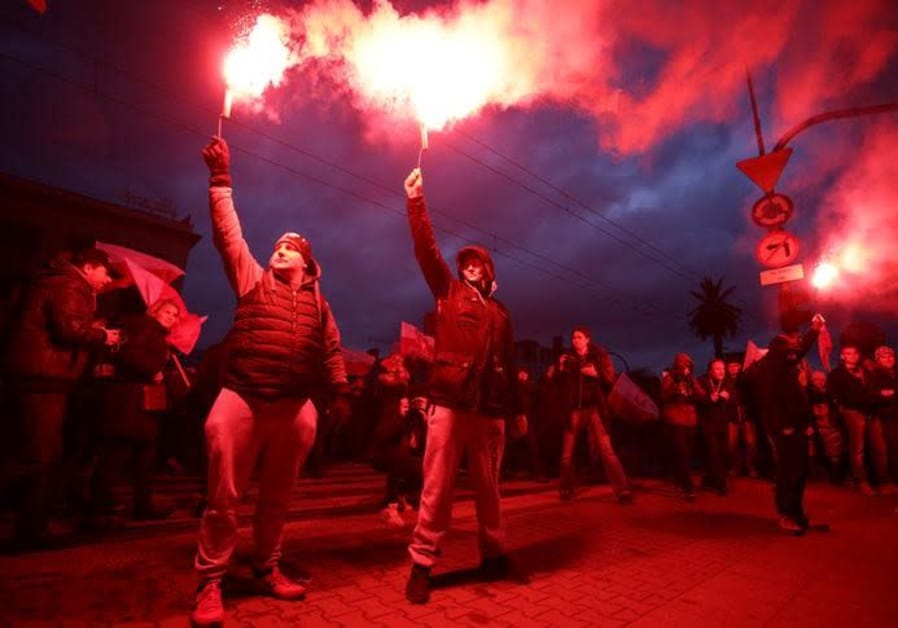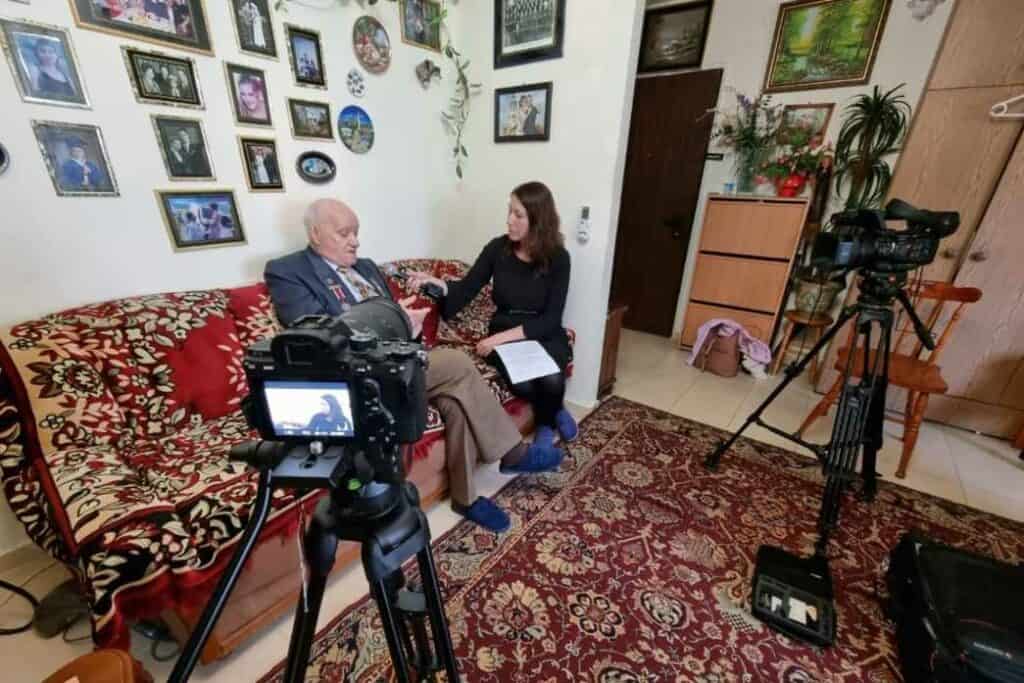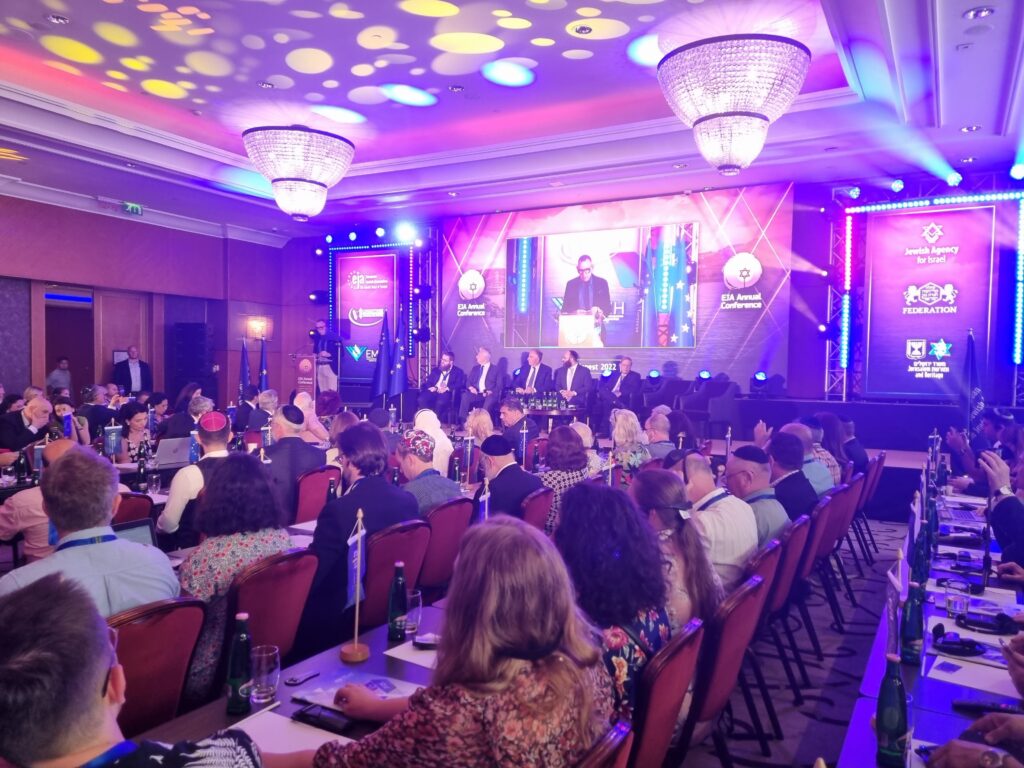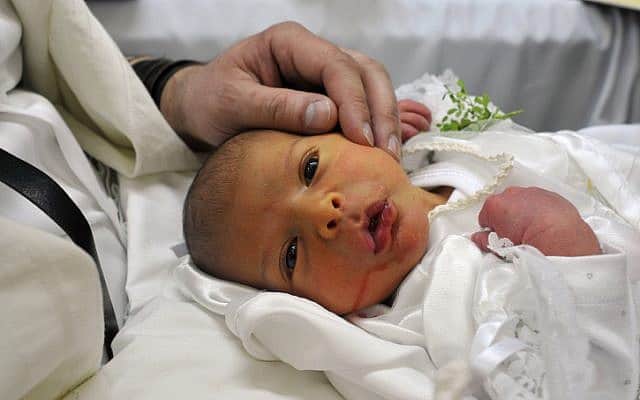Poland is now beyond the pale. This expression was deliberately chosen. The Pale of Settlement was a historical region of Imperial Russia, including a large chunk of modern-day Poland, where Jews were permitted to live.
First, we had the Holocaust Law, making it illegal to critique Poland for what happened during the Holocaust, under pain of imprisonment. So I’m going to take a risk and spell out a few facts for you about Poland. As many have noted, “the few who survived Auschwitz went back and found their homes vandalized. Their jobs were taken. Their shops were confiscated. They were further welcomed by their former neighbors with slurs, curses, fists, knives, riots, broken glass, and often murder.” Just like pop singer Katie Melua’s “Nine Million Bicycles” says, “that’s a fact, that’s a thing you can’t deny.” If that appears trite, it’s because it’s meant to. The Holocaust Bill is an affront to decency, honesty and good grace. It deserves resentment, but also ridicule, for the sheer unparalleled scale of its stupidity.
And then what modicum of common sense was left in Poland’s armory of credibility also packed its bags and decided to move beyond the pale: Poland is about to make it illegal to export kosher meat and perform kosher slaughter. Oh, and for good measure, slap a four-year prison sentence on the offense.
The text of this was uncovered by us at the European Jewish Association, hidden in a 48-page general bill on animal welfare, which the lower house of the Polish Parliament is expected to vote on this week.
Back in 2013 the EJA – when a kosher ban reared its ugly head – challenged the law in Poland’s Constitutional Tribunal and won. Rabbi Menachem Margolin, our chairman and founder, has said the EJA will do so again, and also challenge the Holocaust Law.
But Poland is today a very different political beast than it was five years ago. The Law and Justice Party has brought in its own brand of ultra-conservative, good old-fashioned xenophobia and parochial politics front and center, appealing to the worst instincts of a disenfranchised demographic, a trend that is increasing in popularity across the European Union to the detriment of immigrants, Muslims, Jews and anyone else who doesn’t fit the nationalistic bill.
“Panem et circenses” is now the leitmotif in Poland. So very apt. In a political context, this old Roman phrase, meaning “bread and circuses,” means to generate public approval, not by excellence in public service or public policy but by diversion, distraction or by satisfying the most immediate or base requirements of a populace.
Mission accomplished, with both these laws.
What is most alarming though is what little recourse is left to challenge it. You see, Law and Justice quickly realized that the Constitutional Tribunal was blocking their carts laden with bread and so removed the judges, replacing them with appointed party acolytes, using the smear of former communist sympathies to oust the incumbents. That means simply that gross and demeaning legislation such as this can be steamrolled through (it won’t prevent us from trying to stop them though.) Little wonder that Israel is considering withdrawing its ambassador to Poland, and little wonder that the EU is considering Article 7 as a punishment for Poland. We shudder to think what could possibly come out of Poland next, a country that is well and truly positioning itself outside of the pale.
But we shudder more that in 2018, in a supposedly modern and enlightened Europe, we even have to write opinion pieces such as this one, on subjects that stir up the hot coals of what we all thought and hoped were dying embers: Jew hatred.
This Op-Ed was written by the director of public affairs for European Jewish Association, Alex Benjamin. It was publish on The Jerusalem Post .














